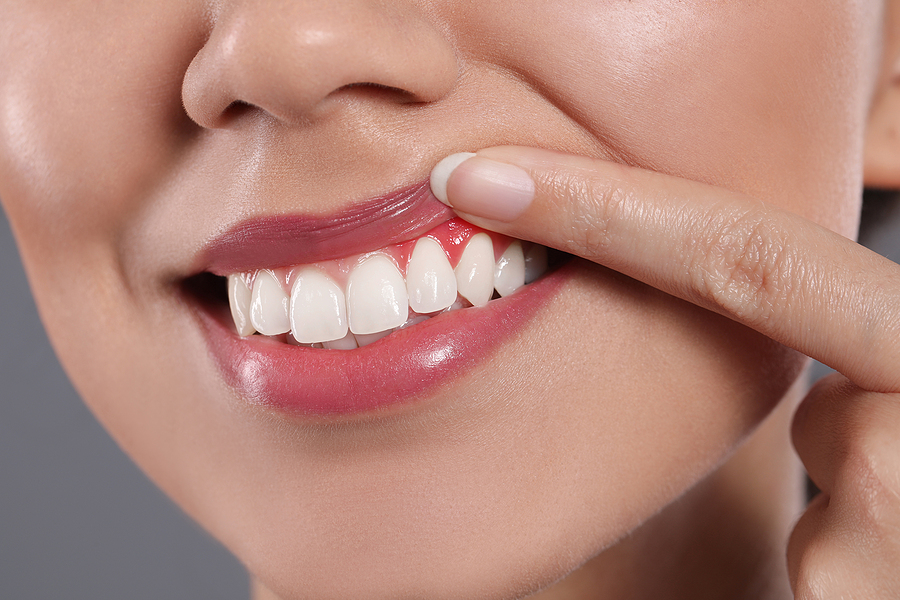
5 Reasons Why You May Need a Tooth Extraction
Whether it's due to severe decay, overcrowding, or even wisdom teeth woes, tooth extraction can sometimes be the best solution for maintaining oral health and preventing further complications. So, if you've ever wondered why someone would need a tooth pulled out, keep reading as we uncover the five most common reasons for a tooth extraction. Trust us - it'll be more interesting than pulling teeth!
What is a Tooth Extraction?
A tooth extraction is a dental procedure in which a tooth is removed from its socket in the bone. While it may sound daunting, rest assured that dentists have perfected this technique to ensure minimal pain and discomfort for patients.
The process typically begins with an examination and X-rays to assess the condition of the tooth and surrounding structures. If it's determined that extraction is necessary, your dentist will administer local anesthesia to numb the area before proceeding.
There are two types of extractions: simple and surgical. Simple extractions involve teeth that are visible above the gum line and can usually be removed using forceps. Surgical extractions, on the other hand, are more complex and require cutting into the gum tissue or removing bone to access deeply impacted or broken teeth.
Aftercare following a tooth extraction is crucial for proper healing. Your dentist will provide instructions on how to care for the extraction site, including tips on managing pain, swelling, bleeding, and preventing infection.
Remember that every case is unique, so if you suspect you may need a tooth extraction or have any concerns about your oral health, don't hesitate to consult with your dentist. They'll guide you through all available options based on your specific needs.
Reasons for a Tooth Extraction
There are several reasons why your dentist may recommend a tooth extraction. While it's always ideal for preserving natural teeth, there are situations where removing a tooth is necessary for the overall health and well-being of your smile.
- One common reason for tooth extraction is severe decay or infection that cannot be treated with root canal therapy. When decay has reached the pulp of the tooth or an infection has caused extensive damage, extracting the tooth may be the best solution to prevent further spread of infection and alleviate pain.
- Another reason for a tooth extraction is overcrowding in the mouth. Sometimes, there simply isn't enough space to accommodate all of our teeth. In such cases, extracting one or more teeth can create room for proper alignment through orthodontic treatment.
- Impacted wisdom teeth are also commonly extracted. These third molars often don't have enough space to fully emerge, leading to pain, swelling, and potential complications such as infections or cysts. Removing impacted wisdom teeth can help prevent these issues from occurring.
- In some cases, trauma or injury may result in irreparable damage to a tooth. If attempts at restorative treatments like fillings or crowns are unsuccessful in restoring function and aesthetics, extraction might be recommended as part of an overall treatment plan.
- Patients undergoing certain medical treatments such as chemotherapy or organ transplantation may need extractions due to compromised immune systems and increased risk of infections.
Remember that every case is unique, and only your dentist can determine if you require a tooth extraction based on thorough examination and evaluation.
Conclusion
Tooth extraction is a common dental procedure that may be necessary for various reasons. Whether it's due to severe decay, crowding, infection, damage from trauma, or the presence of impacted wisdom teeth, extracting a tooth can help improve oral health and alleviate pain.
While the thought of having a tooth extracted may seem daunting, it is important to remember that advancements in dentistry have made the procedure more efficient and comfortable than ever before. Dentists are skilled at ensuring your comfort during the process and will provide appropriate aftercare instructions to promote healing.
If you experience any symptoms or issues that suggest you may need a tooth extraction, don't hesitate to consult with your dentist. They will carefully evaluate your situation and recommend the best course of action.
Remember, maintaining good oral hygiene practices such as regular brushing and flossing can go a long way in preventing many dental problems. However, if a tooth extraction becomes necessary for your overall dental health and well-being, trust in the expertise of your dentist to guide you through the process smoothly.
So take care of your teeth by making regular visits to your dentist for check-ups and cleanings. Your smile deserves nothing less than optimal oral health!
Office Hours
MON9:00 am - 5:00 pm
TUE9:00 am - 3:00 pm
WED9:00 am - 5:00 pm
THU10:00 am - 6:00 pm
FRI - SAT8:00 am - 1:00 pm
SUNClosed






comments